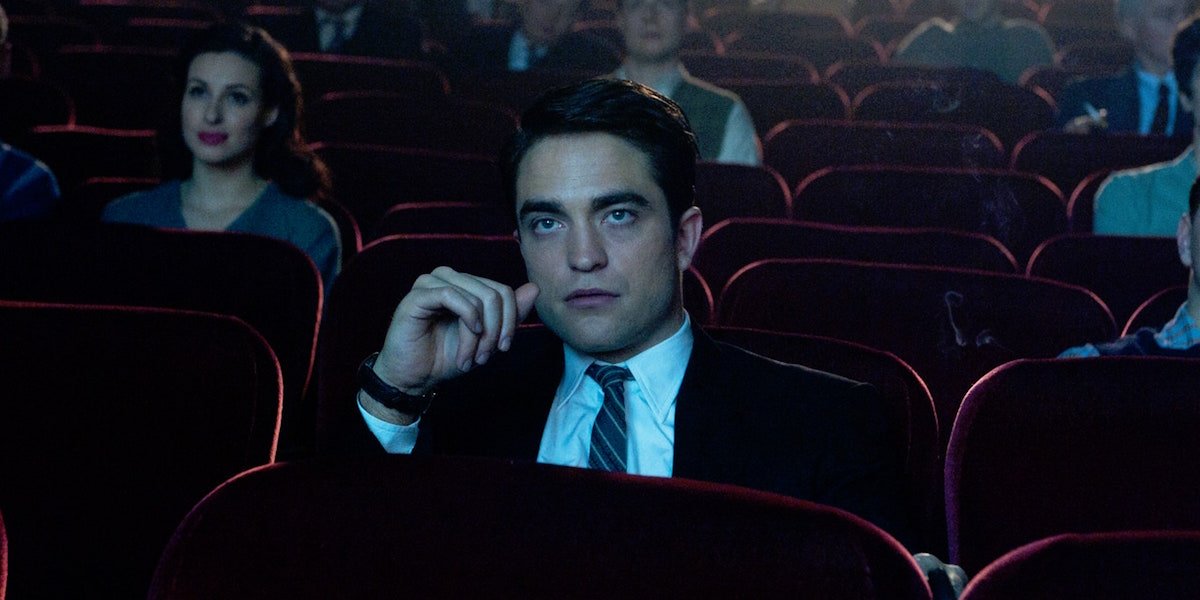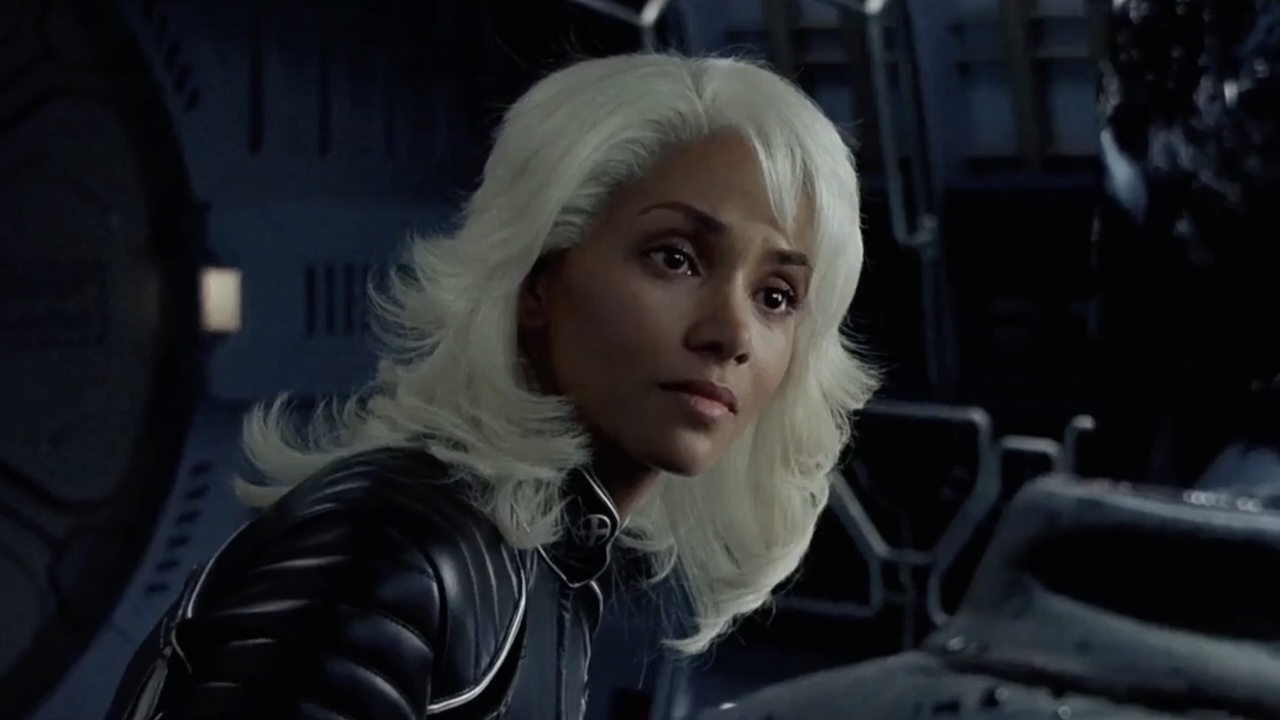Chinese Movie Theaters Had A Rough Start Reopening After Closing Due To The Pandemic

Your Daily Blend of Entertainment News
You are now subscribed
Your newsletter sign-up was successful
The COVID-19 pandemic is affecting the entire world, but China has certainly dealt with it longer than other territories. The coronavirus outbreak was first identified late last year in Wuhan, and, just like what’s happened in the United States and other countries, the fallout has included Chinese movie theaters being shut down. Well, now China is trying to get its cinemas back up and running, but it’s proving to be a tough endeavor.
According to Variety, as of last weekend, over 500 movie theaters, which accounts for approximately 5% of total theaters, reopened following a 60-day closure. However, in that weekend, the opened theaters welcomed on average just one person per screening, and collectively, they only earned around $10,000, which isn’t even what just one theater would earn in one day during a normal business period.
Around a quarter of the reopened theaters are located in Xinjiang. Despite this region being sparsely populated, because the coronavirus has thrown the theatrical business for a loop, as well as the disease not hitting as hard in Xinjiang, these theaters accounted for more than 80% of China’s box office. However, the first Chinese theater that reopened, the Xinjiang Golden Palm Cinema, hasn’t had more than 100 people come in per day and is only collecting around $140-280 daily. That theater is now only showing movies from 2-7 in the afternoon until further notice.
To help boost Chinese theaters, the country’s main distributor, China Film Corp, has provided several movies that can be played through a “public service model,” which allows the theaters to keep 100% of the earnings from said movies’ screenings and not have to shell out anything to other rights holders. It was also reported earlier this week that various American blockbusters are being rereleased in China to draw crowds, including the four Avengers movies, Avatar, Inception and Interstellar.
Nevertheless, not only are these Chinese theaters struggling right now, the fact that they reopened at all has been met with mixed reactions. Even though China’s getting a handle on reducing the spread of the coronavirus, and other venues like restaurants, shopping malls and tourist attractions have also reopened, evidently plenty of folks aren’t too keen on visiting theaters just yet, with one Chinese article calling seeing movies “just not that essential a need.”
As with the American cinematic landscape, China is continuing to hold off on releasing any new movies for the foreseeable future. Not only have numerous movies that were about to come out, including No Time to Die, Black Widow and Wonder Woman 1984, been pushed back to either new dates or simply remain undated for now, but various cinematic projects that were in the midst of rolling cameras have halted production.
We live in strange times right now, and as far as the film industry is concerned, it’s unclear when things will start to go back to normal in any territory. In the United States, all the major movie theater chains remain shut down, resulting in several studios offering movies digitally either as a rental or purchase. In the case of the forthcoming Trolls World Tour, it’s being released in theaters and on VOD simultaneously.
Your Daily Blend of Entertainment News
Stay tuned to CinemaBlend for more news on how the COVID-19 pandemic continues to affect the movie and TV worlds, and keep track of all the big screen projects that have been delayed with our handy guide.

Connoisseur of Marvel, DC, Star Wars, John Wick, MonsterVerse and Doctor Who lore, Adam is a Senior Content Producer at CinemaBlend. He started working for the site back in late 2014 writing exclusively comic book movie and TV-related articles, and along with branching out into other genres, he also made the jump to editing. Along with his writing and editing duties, as well as interviewing creative talent from time to time, he also oversees the assignment of movie-related features. He graduated from the University of Oregon with a degree in Journalism, and he’s been sourced numerous times on Wikipedia. He's aware he looks like Harry Potter and Clark Kent.

